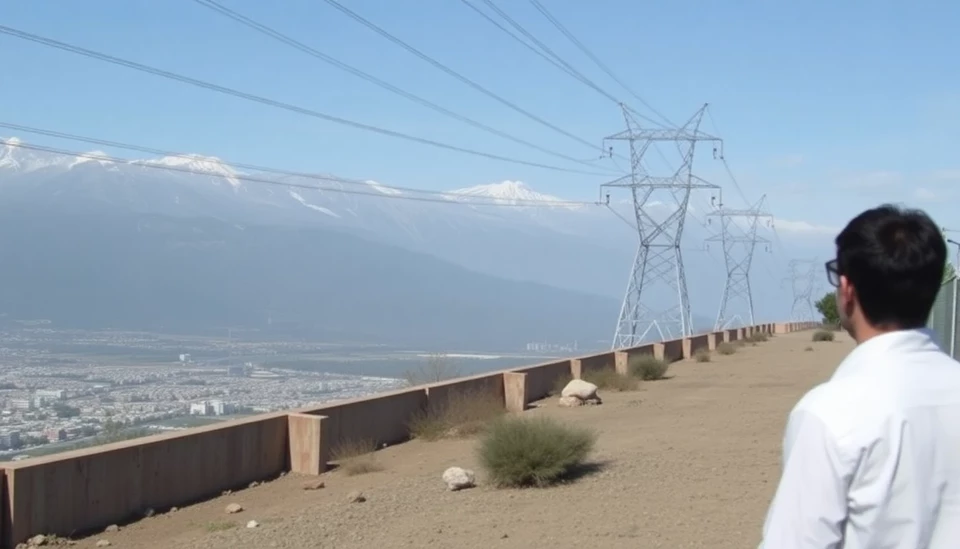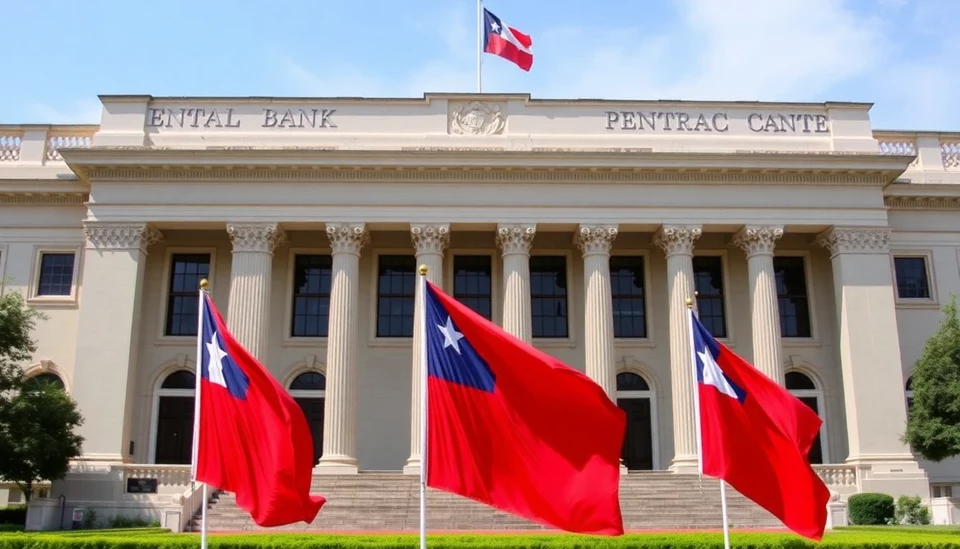
In a surprising turn of events, Chile's economy has exhibited signs of contraction for the second consecutive month, raising concerns among economists and investors alike. The latest data released by Chile's National Statistics Institute (INE) reveals that economic activity, measured by the Monthly Index of Economic Activity (IMACEC), declined by 0.4% in September compared to the previous month. This follows a similar contraction in August, leading to heightened discussions about the potential implications for the nation's economic outlook.
Analysts had anticipated a modest recovery, forecasting growth in the economy due to external and internal factors including rising copper prices and increased consumer spending. However, the unexpected downturn signals deeper issues within the country's economic structures, prompting calls for government intervention and policy adjustments. The contraction is primarily attributed to a decline in mining activity, one of Chile's key economic drivers, as well as weaker performance in retail and service sectors.
In comparison to the same month last year, economic activity saw a decrease of 2.5%, illuminating the ongoing struggles that the Chilean economy faces amidst a swirling global economic landscape. The decline is especially concerning as it contrasts the forecasts that had previously suggested a more stable trajectory for Chile’s recovery from the pandemic-induced downturn.
The drop in activity has led to a reassessment of the nation’s growth projections for the coming quarters, with many experts urging caution. Some economists are now suggesting that the Chilean central bank may need to rethink its monetary policy to stimulate growth and improve economic sentiment. Meanwhile, inflation rates remain a point of contention as rising prices threaten to offset any potential recovery.
Governor Rosanna Costa of the Central Bank of Chile highlighted the challenges ahead, underscoring the need for swift and effective measures to foster economic resilience. Analysts advise that the government should consider a blend of fiscal stimulus and targeted investment in key sectors to nurture recovery and reinvigorate confidence in the market.
As Chile navigates this complex situation, the broader implications of this economic contraction extend beyond simple statistics. The potential for increased unemployment rates and social unrest looms large, reminiscent of past episodes of economic instability in the nation. Policymakers must prioritize strategies that not only focus on macroeconomic indicators but also cater to the immediate concerns of the populace.
The month of October will be pivotal in determining whether this downturn is a transient phase or a precursor to a more lasting economic struggle for Chile. The anticipation of October’s data is creating a buzz among investors, with many closely monitoring how external factors such as global economic trends and commodity prices will influence the Chilean economy moving forward.
#ChileEconomy #EconomicDecline #IMACEC #CopperPrices #PolicyIntervention #CentralBank
Author: Laura Mitchell




